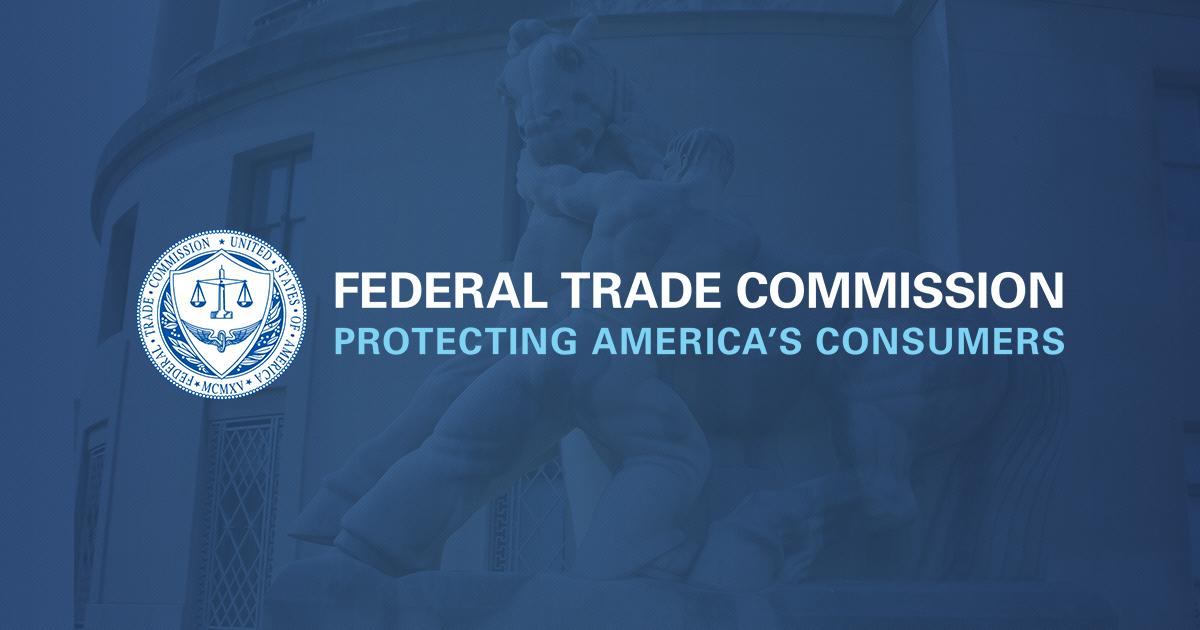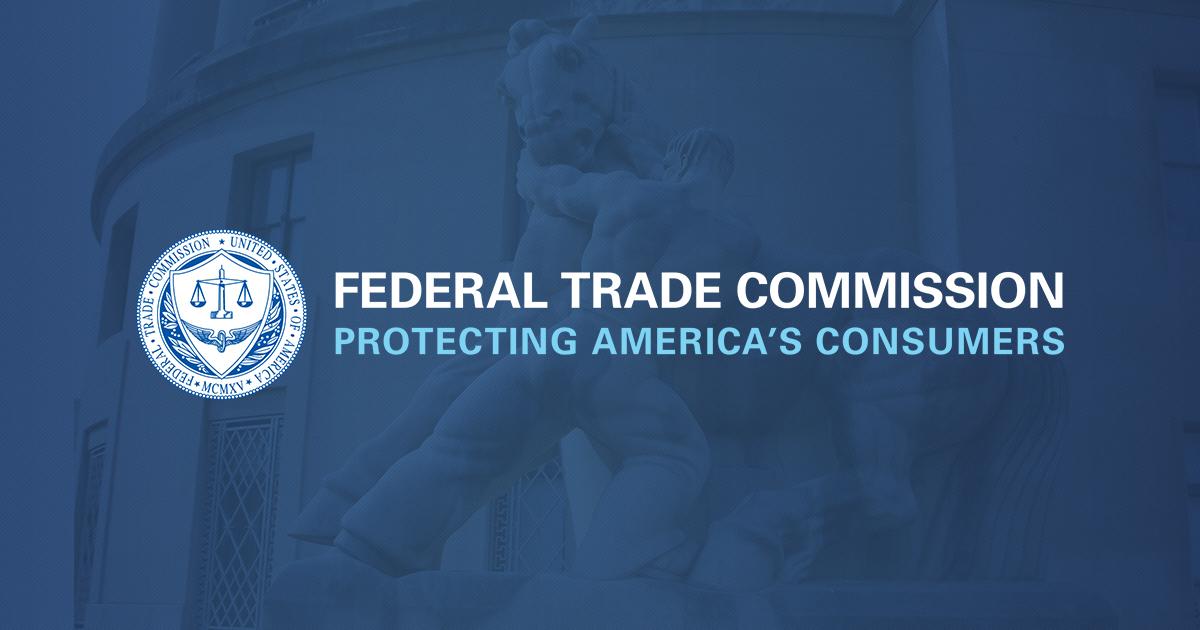Note: A conference call for media with FTC Consumer Protection Director Jessica Rich will occur as follows:
Date: January 28, 2015
Time: 1:30 p.m. ET
Call-in lines, which are for media only, will open 15 minutes prior to the start of the call. Director Rich and FTC staff will be available to take questions from the media about the case.
TracFone, the largest prepaid mobile provider in the U.S., has agreed to pay $40 million to the Federal Trade Commission to settle charges that it deceived millions of consumers with hollow promises of “unlimited” data service.
The FTC’s complaint against TracFone alleges that since 2009, TracFone has advertised prepaid monthly mobile plans for about $45 per month with “unlimited” data under various brands, including Straight Talk, Net10, Simple Mobile, and Telcel America. But despite emphasizing unlimited data in its advertisements, TracFone drastically slowed or cut off consumers’ mobile data after they used more than certain fixed limits in a 30-day period.
“The issue here is simple: when you promise consumers ‘unlimited,’ that means unlimited,” said Jessica Rich, director of the FTC’s Bureau of Consumer Protection. “This settlement means that Straight Talk, Net10, Simple Mobile, and Telcel America customers will be able to get money back from the company for services the company promised but didn’t deliver.”
Beginning today, consumers who had a Straight Talk, Net10, Simple Mobile, or Telcel America unlimited plan before January 2015 can visit www.ftc.gov/prepaidphones to file a claim for a refund. Refunds will be paid to consumers whose data service was slowed or cut off. Consumers who had an unlimited plan but are unsure if their data service was slowed or cut off should still file a claim to find out if they are eligible for a refund.
According to the FTC’s complaint, TracFone marketed “unlimited” plans under its name brands through television and radio commercials, print advertisements, in-store displays and other media. Some of these brands’ advertisements were aimed at specific populations. For example, Telcel America marketed to Spanish-speaking consumers.
Counter to the marketing promises, the FTC alleges that TracFone regularly either slowed down consumers’ data speeds – known as throttling – or cut off their data entirely when they used more than certain fixed amounts of data in a 30-day period. TracFone even terminated all the services (talk, text, and data) of some consumers. As described in the FTC’s complaint, throttled customers often experienced slow-downs of at least 60% and sometimes even 90%, significantly impairing their ability to engage in online activities like streaming video. One TracFone employee who tested the effects of throttling said that “Customer experience is affected because [i]t is very slow… ‘Regular’ users like me may get upset.”
The FTC alleges that TracFone varied its data limits, but generally slowed data service when a customer used one to three gigabytes, and suspended data service at four to five gigabytes. When consumers approached TracFone’s limits, they would often receive a call that warned them for the first time about their “excessive data usage” but did not disclose TracFone’s data limits, according to the agency’s complaint.
The complaint states that there was no technical reason for TracFone to limit data, such as to reduce network congestion; rather, internal documents showed that the company’s data policies were created to “reduce the high costs associated” with providing the unlimited data that it had promised.
Beginning in September 2013, TracFone began to make some disclosure of its throttling practices for its “unlimited” programs, but those disclosures were often not clear and conspicuous, according to the FTC’s complaint. In many cases, the disclosures were in very small print or on the back of packages or cards where consumers were likely to miss them.
In addition to the $40 million in consumer refunds that it must pay under its settlement with the FTC, TracFone is prohibited from making further deceptive advertising claims about its mobile data plans, and must clearly and conspicuously disclose any limits on the speed or quantity of its data service.
This is the second case brought by the FTC against a mobile provider for failing to live up to its promises of unlimited data: the Commission’s case against AT&T is currently in litigation.
The Commission vote authorizing staff to file the complaint and approving the proposed stipulated order was 5-0. The FTC filed the complaint and proposed stipulated order in the U.S. District Court for the Northern District of California.
NOTE: The Commission files a complaint when it has “reason to believe” that the law has been or is being violated and it appears to the Commission that a proceeding is in the public interest. Stipulated orders have the force of law when approved and signed by the District Court judge.
The Federal Trade Commission works for consumers to prevent fraudulent, deceptive, and unfair business practices and to provide information to help spot, stop, and avoid them. To file a complaint in English or Spanish, visit the FTC’s online Complaint Assistant or call 1-877-FTC-HELP (1-877-382-4357). The FTC enters complaints into Consumer Sentinel, a secure, online database available to more than 2,000 civil and criminal law enforcement agencies in the U.S. and abroad. The FTC’s website provides free information on a variety of consumer topics. Like the FTC on Facebook, follow us on Twitter, and subscribe to press releases for the latest FTC news and resources.


